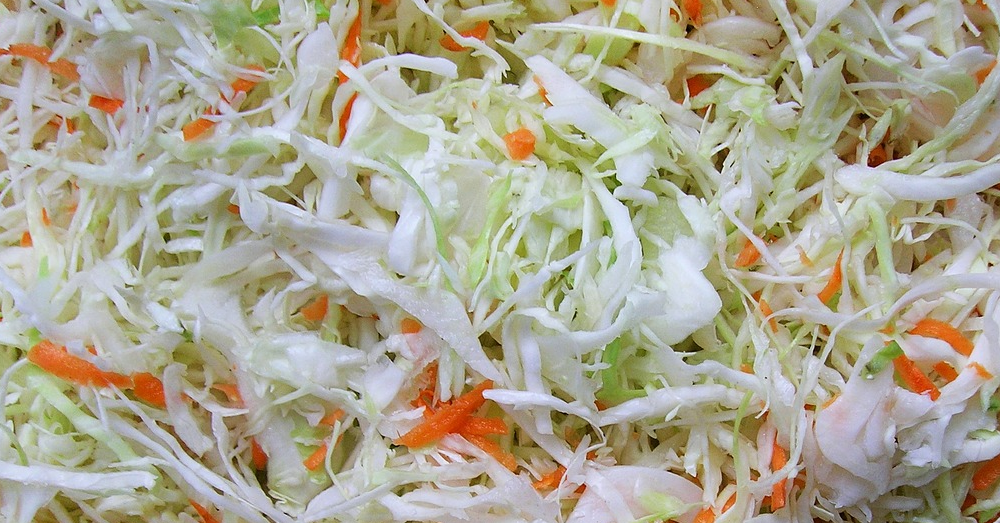The Vitamin That Makes Calcium, Magnesium and Vitamin D Even Better
Vitamin K is a fat-soluble vitamin that is well-known for its role in blood clotting. However, there are two different kinds of vitamin K, each providing its own set of health benefits. Vitamin K1 is primarily responsible for blood clotting whereas vitamin K2 works synergistically with calcium, magnesium and vitamin D to impart a number of important health benefits.
November 13, 2017 | Source: Mercola.com | by Dr. Joseph Mercola
Vitamin K is a fat-soluble vitamin that is well-known for its role in blood clotting. However, there are two different kinds of vitamin K,1 each providing its own set of health benefits. Vitamin K1 is primarily responsible for blood clotting whereas vitamin K2 works synergistically with calcium, magnesium and vitamin D to impart a number of important health benefits, including but not limited to:2
|
Preventing hardening of the arteries (atherosclerosis)4 and lowering your heart attack risk5 |
|
|
Directing calcium to your bones, making them stronger, and your teeth to help prevent cavities. It also prevents calcium from going to the wrong areas, such as to your kidneys, where it could lead to kidney stones, or your blood vessels, where it could trigger heart disease |
Creating insulin to stabilize your blood sugar (keeping your system sensitive to maintaining correct amounts), thereby protecting against diabetes and helping to prevent metabolic problems associated with obesity |
|
Optimizing sexual function by increasing testosteroneand fertility in men |
Decreasing androgens, the male hormones, in women with polycystic ovarian syndrome |
|
Suppressing genes that can promote cancer while strengthening genes that promote healthy cells. The 2010 European Prospective Investigation into Cancer and Nutrition (EPIC) study6 found that high intake of vitamin K2 — not K1 — leads to reduced cancer risk, as well as a 30 percent lower risk of dying from cancer7 |
Enhancing your ability to utilize energy as you exercise improving overall performance. Serving as a mitochondrial electron carrier, vitamin K2 also helps maintain normal ATP production in mitochondrial dysfunction, such as that found in Parkinson’s disease8 |
|
Protecting against neurological deficiencies, including dementia |
Prevent infectious diseases such as pneumonia |
|
Improving disease activity in those with rheumatoid arthritis,9 and, in combination with vitamin D, improving osteoarthritis of the knee10,11,12 |
Reducing the risk of osteoporosis and spontaneous fractures in adults with cerebral palsy13 |
|
Supporting healthy immune function |
Supporting growth and development of the fetus during pregnancy |

